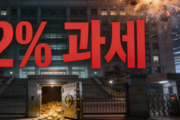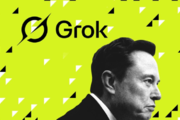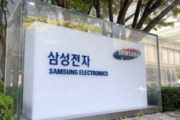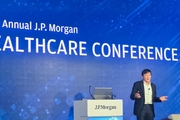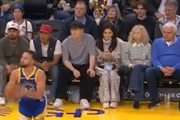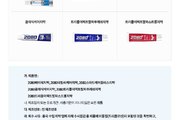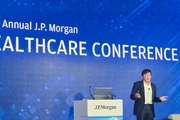
[News Space=Reporter seungwon lee] Korea's leading tire company, Hankook & Company (formerly Hankook Tire & Technology), has been branded the number one major company for 'late payment' of subcontracting fees for the fourth consecutive time, dealing a serious blow to the credibility of the business community.
According to the '2024 Second Half Subcontractor Payment Terms Disclosure Inspection Results' announced by the Fair Trade Commission on July 24, 2025, the Korea & Company Group recorded the highest rate of paying subcontractor payments beyond the statutory payment deadline of 60 days in the second half of last year at 8.98%, by far among all large corporate groups.
The reality of being ranked 1st in 'overpayment' for 4 consecutive years, overwhelming large companies
Korea & Company's 60-day overpayment rate (8.98%) exceeds all the groups ranked below, including Daebang Construction (7.98%), E-Land (7.11%), Shinyoung (3.80%), and Global Sea (2.86%).
Criticism is being raised that the company is unable to break away from structural practices, as it has set the record for the fourth consecutive year of 'late payment', following 17.08% in the first half of 2023 (then under the name of Hankook Tire), 9.85% in the second half of 2023, and 12.88% in the first half of 2024.
'Most are early payments'… Average overwhelming withdrawal behavior
Looking at the subcontracting transaction status of 1,384 business operators in 88 corporate groups that the Fair Trade Commission investigated, the payment rate exceeding 60 days was only 0.13% on average out of the total subcontracting fee of 91.6 trillion won.
The payment rate within 30 days was 86.68%, and the payment rate within 15 days was 68.89%. In particular, major corporations (LG 81.2%, Hoban Construction 80.7%, MDM 79.7%, GS 74.82%, Samsung 70.32%) paid more than 70% of the amount within 10 days.
Among these, Korea & Company's '8.98%' suggests structural problems and inherent risks.
Cash settlement rate and cash equivalent settlement rate are among the highest ever
The overall cash payment rate in the second half of 2024 was 86.19%, and the cash payment rate (cash, checks, bills with a maturity of 60 days or less, etc.) was 98.58%, the highest since the implementation of the system.
Some groups, such as Paradise, BGF, Dunamu, and MDM, have realized 100% cash payments. In contrast, DN (9.48%), Hite Jinro (28.77%), and KG (30.67%) are relatively low, showing a heterogeneous payment culture.
Subcontractor Dispute Resolution Body ‘Installation is Minimal’
The rate of establishment of subcontract dispute mediation organizations per business operator was only 9.3%, indicating weak institutional safety devices. Out of 1,384 businesses in total, only 129 are operating mediation organizations, and they are mainly limited to manufacturing (45.7%), construction, wholesale and retail, and information and communications industries.
Bid-rigging, lack of dispute resolution… Chronic structural problems repeat
Korea & Company is also constantly embroiled in controversies such as bid-rigging. Its affiliate, Korea Engineering Works, was fined 741 million won by the Fair Trade Commission for signing contracts with 25 machinery and equipment companies at prices lower than the actual winning bids. Violations of the Subcontracting Act, such as “paying less than the lowest bid price without justifiable cause,” are occurring repeatedly.
Fair Trade Commission Urges “Spread of Culture of Transparency and Timely Payment”
In this inspection, the Fair Trade Commission imposed fines (KRW 250,000 to 800,000) on six businesses that violated their disclosure obligations or made delayed disclosures, and repeatedly emphasized the eradication of unfair subcontracting transactions and strengthening transparency.
The delayed payment of subcontracting fees by Hankook & Company symbolizes the 'chronic disease' in the domestic large company system. While most large companies are taking the lead in innovation of payment structures such as quick and cash payments, the fact that they have been ranked first for four consecutive years in delinquency clearly reveals the fundamental weaknesses and institutional loopholes in corporate governance.
Financial industry officials and industry experts unanimously agreed that “a change in the subcontracting payment culture is necessary through continuous system inspection and strong enforcement.”





